Deterministic Network Calculus (DNC) [Summer 2022]
Deterministic Network Calculus (DNC) [Summer 2022]
Distributed systems are omnipresent nowadays and networking them is fundamental for the continuous dissemination and thus availability of data.
Provision of data in real- time is one of the most important non-functional aspects that safety-critical networks must guarantee.
Formal verification of data communication against worst-case deadline requirements is key to certification of emerging x-by-wire systems.
Verification allows aircraft to take off, cars to steer by wire, and safety-critical industrial facilities to operate.
Therefore, different methodologies for worst-case modeling and analysis of real-time systems have been established.
Among them is deterministic Network Calculus (NC), a versatile technique that is applicable across multiple domains such as packet switching, task scheduling, system on chip, software-defined networking, data center networking and network virtualization.
NC is a methodology to derive deterministic bounds on two crucial performance metrics of communication systems:
(a) the end-to-end delay data flows experience and
(b) the buffer space required by a server to queue all incoming data.
(Text source: [bib])
Organization
- N.B.: This lecture will be held as a block course in late August / early September 2023
- Open to M.Sc. students of the faculty of Computer Science
- Language of Instruction: English
- Lecturer: Prof. Dr.-Ing. Steffen Bondorf
- Course credits: 5 CP
- Moodle course, please enroll: Deterministic Network Calculus (211054-SoSe 2023)
Literature
- Jean-Yves Le Boudec and Patrick Thiran. Network Calculus. Springer, 2001. (PDF @author)
- Cheng-Shang Chang, Performance Guarantees in Communication Networks. Springer, 2000.
- Jörg Liebeherr. Duality of the Max-Plus and Min-Plus Network Calculus. Foundation and Trends in Networking, 2017. (PDF @author)


